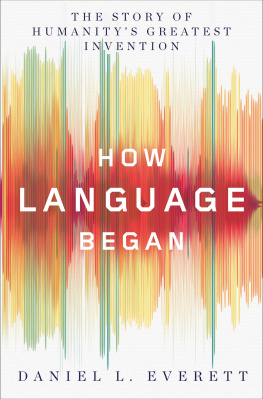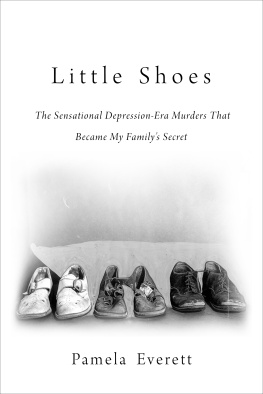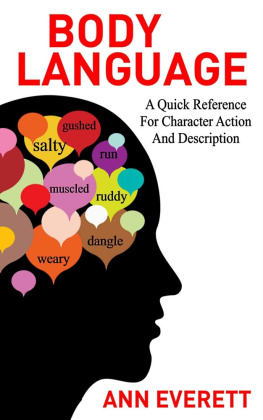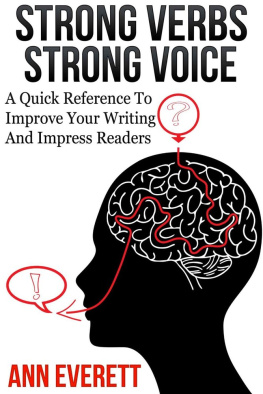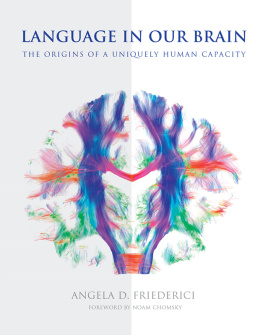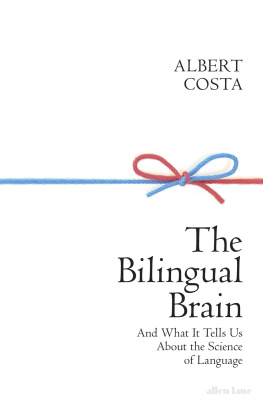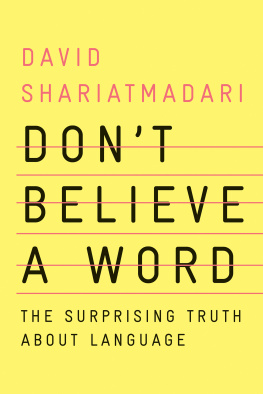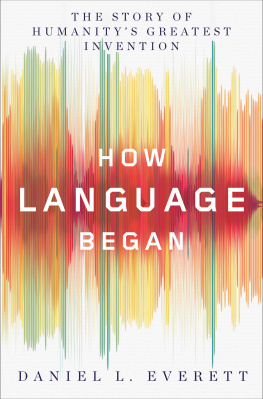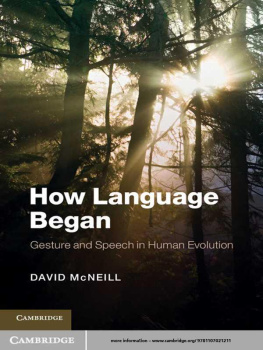
For John Davey,
mentor and friend
The hand of the Lord was on me, and he brought me out by the Spirit of the Lord and set me in the middle of a valley; it was full of bones. He led me back and forth among them, and I saw a great many bones on the floor of the valley, bones that were very dry
Ezekiel 37:12
CONTROVERSY IS OFTEN DIFFICULT to resolve. In June of 2011 a young mother, Casey Anthony, was on trial for the murder of her two-year-old daughter, Caylee Anthony. The prosecution supported its allegation that Casey murdered her daughter with evidence that her daughters body had been stored in the trunk of Caseys car a car only she had access to for several days in 90-degree weather. They produced witnesses who claimed that they had smelled the stench of a decomposing body in the trunk of that car and also showed that there were bugs in the trunk typical of those that would have swarmed and multiplied in the hot sun on a dead body. Grisly evidence, to be sure. But it sounds convincing. Had the trial stopped there, perhaps a guilty verdict would have been rendered.
First, however, the defence needed to plead their case. Of course, they called their own witnesses, including a forensic expert who argued that the smell people reported could have come instead from a bag of garbage that Casey had left in her trunk for more than a week (no one was defending her hygiene). Moreover, the forensic witness claimed that the bugs found in the trunk of Caseys car were neither of the type nor in the quantity that would be expected if her car trunk had contained a decomposing body. Finally, after much more arguing back and forth between the experts and attorneys, the jury ultimately decided in favour of the defence. Twelve people found the defendants story sufficiently credible to raise reasonable doubt about what happened to Caylee.
The problem of reasonable doubt that faces some juries is also common in science. But the difference is that scientists, unlike jurists, thrive on reasonable doubt. This is because, like doubt, they are trying neither to convict theories, nor to exonerate them. Rather, scientists want to evaluate theories, rejecting those that have excess reasonable doubt, even if only temporarily. In other words, doubt is an intellectual tool that allows scientists to narrow down the number of theories they need to concern themselves with.
It is unsurprising that disagreement between experts occurs. In fact, consensus among experts often seems rarer than disagreement. Every scientific advance usually originates as a dispute concerning the interpretation of evidence for vs evidence against some thesis. Science is not about finding a true theory. It is about finding the best theory, as scientists grope their way towards understanding.
Much vaster and more complicated than any murder trial is the quest to understand the origin of humans and their languages. This effort requires a picture of the trajectory from the initial state of hominins to the current state, and is always going to be fraught with controversy and disagreement. Definitive knowledge is lacking even on such basic questions as the variability in the complexity of human reasoning across human species in the evolutionary record. There is not even consensus on the range of variation in the five ss: smarts, speed, size, sex and strength among modern humans.
So why are such problems regarding the limits of human capacity relevant to understanding the species evolution? Because specialists and laypeople alike fail to agree what new evidence means since they interpret any new discoveries or findings differently. Rather than naively anticipating agreement, one can hope instead for a weighing of alternative accounts. Most specialists are able to determine when one account has cast reasonable doubt upon another. But no one can tell someone which account to choose, nor can they predict which account someone will select. Scientific choices are intellectually, culturally and psychologically motivated.
Part of understanding human species surely must be to appreciate how humans came to achieve greater cognitive success than any other species. Humans are everywhere. Like cockroaches and rats, they are adaptable, multiply quickly and travel well. They are tough and resilient. They are clever. They can be territorial, diurnal, nocturnal, or crepuscular. They can be kind or vicious. Humans have become, for better or worse, lords of the planet. If the dinosaurs were still alive today, humans would kill them for trophies, or eat them, or put them in parks and zoos. They would be no match for sapiens. Humans, not they, are the apex predators of all time on this planet. This success has much to do with the fact that, though sapiens are small with soft skin, no claws or serious strength, they talk to each other. Because humans can talk they can plan, they can share knowledge, they can even leave knowledge for future generations. And therein lies the human advantage over all other terrestrial species.
So exactly what is this ability of humans what is language? It isnt possible to talk about how some characteristic, such as language, evolved without at least some idea about what this characteristic is.
Language is the interaction of meaning (semantics), conditions on usage (pragmatics), the physical properties of its inventory of sounds (phonetics), a grammar (syntax, or sentence structure), phonology (sound structure), morphology (word structure), discourse conversational organisational principles, information and gestures. Language is a gestalt the whole is greater than the sum of its parts. That is to say, the whole is not understood merely by examining its individual components.
Indeed, there are entire communities of linguists who identify themselves by the different subareas. There are pragmaticians, conversational analysts, syntacticians, morphologists, phoneticians, semanticists and so on. But none of them is studying language as a whole, only the parts they are interested in professionally. A syntactician is to language as an ophthalmologist is to the body. Both are necessary, but each is (understandably) tackling a very small piece of the pie.
What is the full pie supposed to be like, then? It is a communication system. And this is what the evolutionary and contemporary evidence points to namely that the ultimate purpose and accomplishment of language is the building of communities, cultures and societies. These are built through stories and conversations, written or oral, each of which helps to establish and justify shared value priorities for cultures or individuals. Language, in fact, builds the knowledge structures that are peculiar to a particular culture (such as the colours recognised, the types of professions considered most attractive, medical understanding, mathematics and all of the other things humans know as members of a society). And language also helps to interpret the different social roles, such as father, boss, employee, doctor, teacher and student, that a culture recognises.
Grammar is a tremendous aid to language and also helps in thinking. But it really is at best only a small part of any language, and its importance varies from one language to another. There are tongues that have very little grammar and others in which it is extremely complex.
The course followed by humans on the path to language was a progression through natural signs to human symbols. Signs and symbols are explained in reference to a theory of semiotics in the writings of Charles Sanders Peirce. C. S. Peirce was perhaps the most brilliant American philosopher in history. He contributed to mathematics, to science, to the study of language and to philosophy. He is the founder of two separate fields of study:
Next page
